- 07423-297513
- info@dhirendragroup.com
Our plant in Neemuch has the crushing capacity of 6000 metric tonnes and 1500 metric tonnes output.
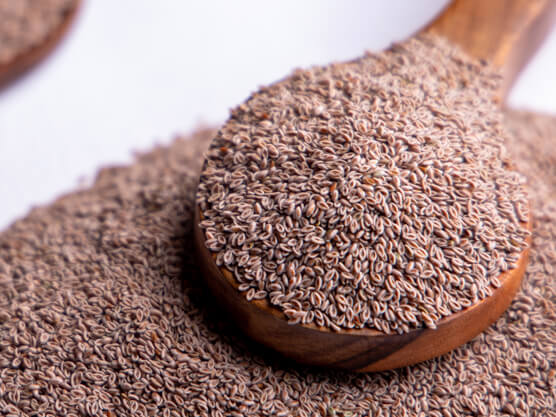
Psyllium seeds, derived from the Plantago ovata plant, are a natural fibre powerhouse known for their digestive health benefits. Rich in soluble fibre, they act as a gentle, natural laxative and are gluten-free and non-GMO. Psyllium seeds help regulate the digestive system, support heart health by lowering cholesterol, aid in weight management by promoting fullness, and stabilise blood sugar levels. At Dhirendra International, we ensure the highest quality, sustainably sourced psyllium seeds for your well-being.

The journey of Psyllium Husk powder begins with the cultivation and careful harvesting of the plants, followed by thorough cleaning of the seeds to remove impurities. The husks are then separated, dried, and ground into a fine powder in controlled environments to preserve their natural fibre content and beneficial properties. Rigorous quality control checks are conducted to meet the highest standards of purity and safety before the powder is packaged in airtight containers to protect it from environmental factors. Finally, the high-quality psyllium husk powder is distributed to markets for our consumers seeking its health benefits.
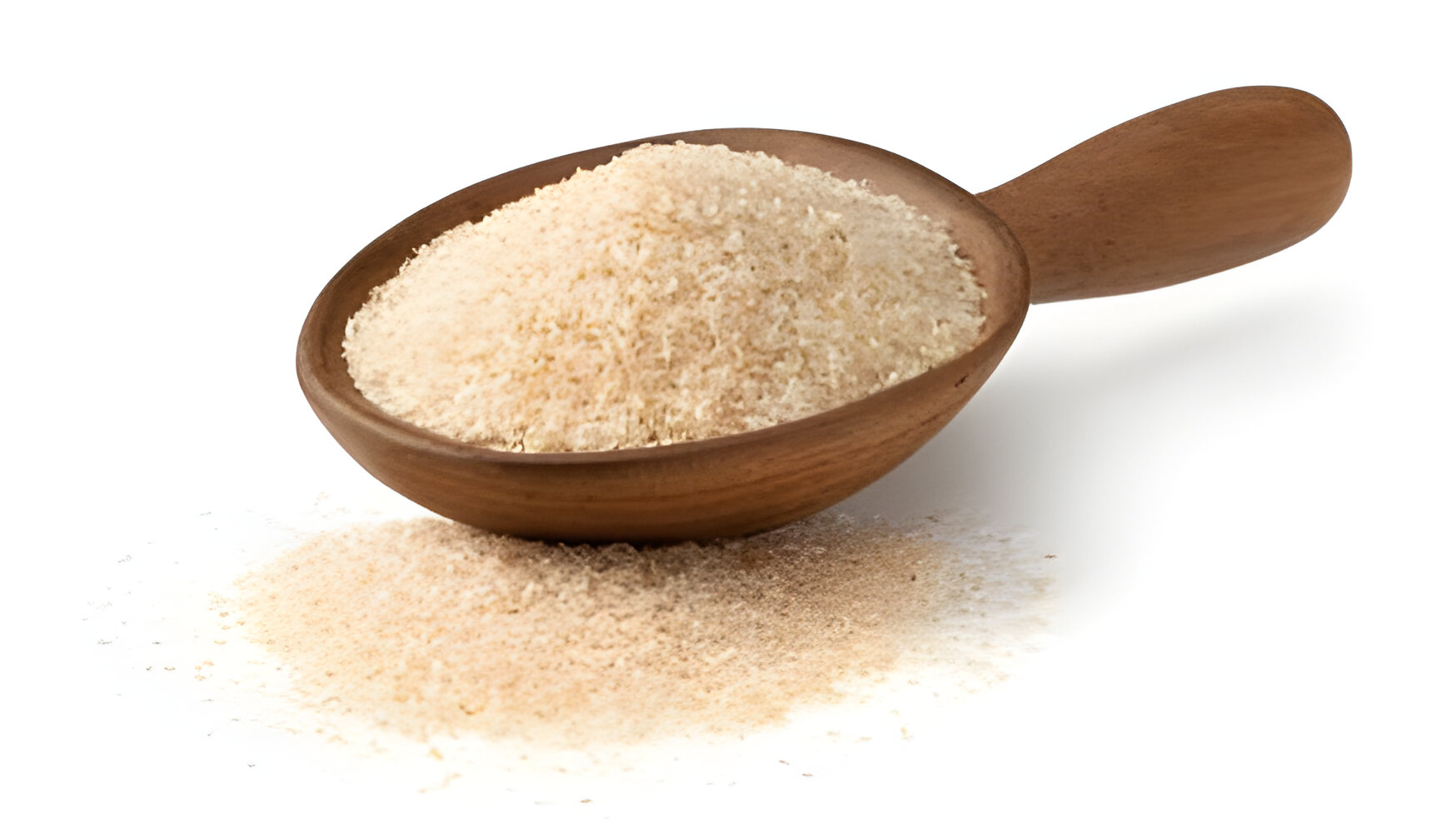
Psyllium husk, derived from the seeds of the Plantago ovata plant, is a natural source of soluble fibre known for its numerous health benefits. This versatile husk is prized for its ability to support digestive health, promote regular bowel movements, and aid in weight management by creating a feeling of fullness. Its high fibre content helps lower cholesterol levels and regulate blood sugar, making it an excellent addition to a balanced diet. Psyllium husk is easy to incorporate into daily routines, whether stirred into water, mixed into smoothies, or added to baked goods, offering a simple way to enhance overall wellness.

Industrial Kha-Kha powder is a specialised product used in various industrial applications, particularly in the manufacturing sector. Derived from high-quality raw materials and processed using advanced techniques, it is known for its fine texture and consistency. This powder serves multiple purposes in industries such as pharmaceuticals, cosmetics, and food processing, where it acts as a binding agent, thickener, or stabiliser in formulations.
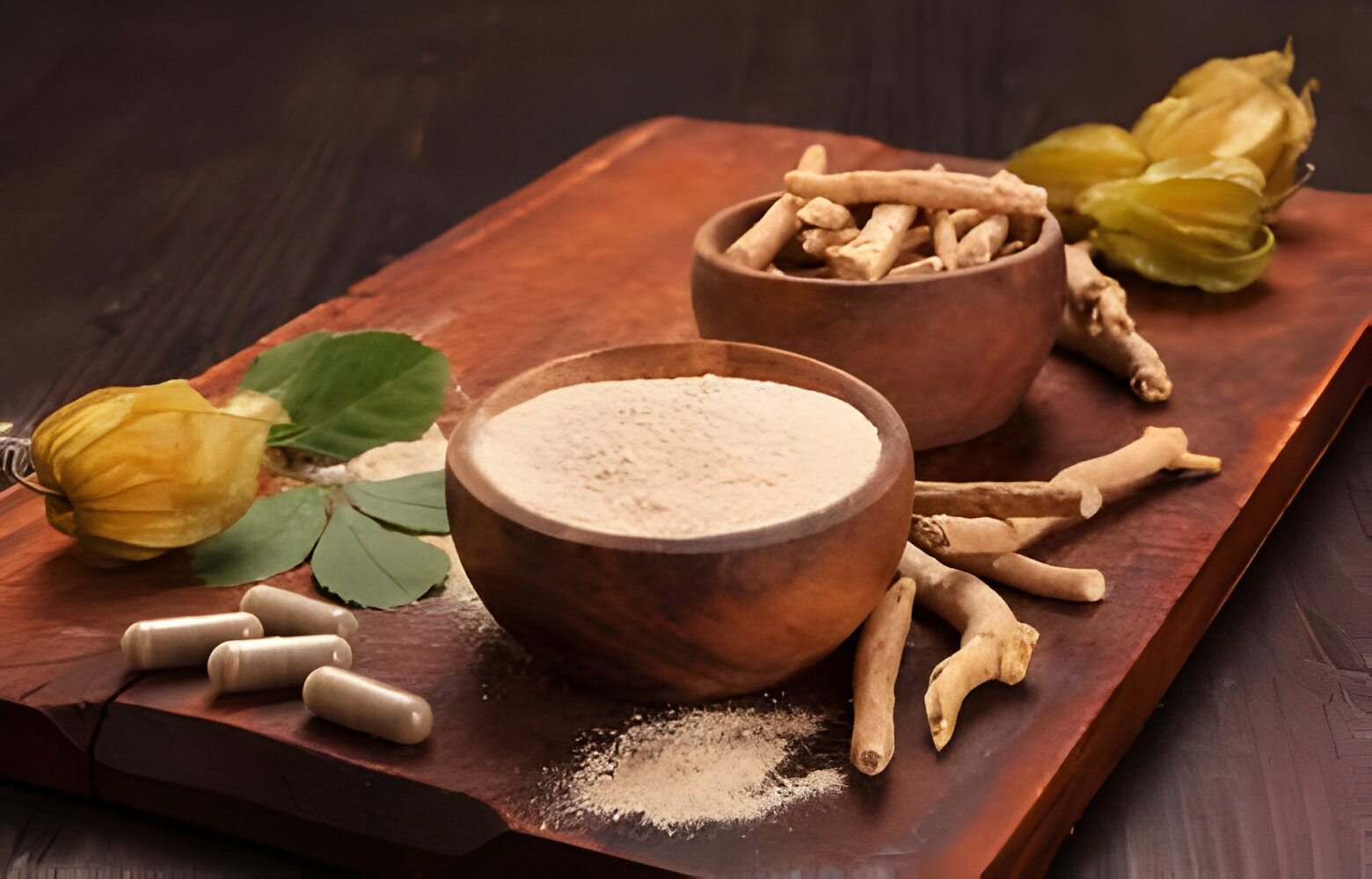
Ashwagandha, scientifically known as Withania somnifera, is an ancient medicinal herb native to India and North Africa. It is revered in traditional Ayurvedic medicine for its adaptogenic properties, which help the body manage stress and promote overall well-being. Ashwagandha is prized for its ability to reduce cortisol levels, enhance mental clarity, and support immune function. Additionally, it is known to boost energy levels, improve sleep quality, and enhance endurance and stamina. As a versatile herb, Ashwagandha can be consumed in various forms, including powder, capsules, or as a liquid extract. Its broad range of health benefits makes Ashwagandha a popular choice for those seeking natural ways to support their health and vitality.
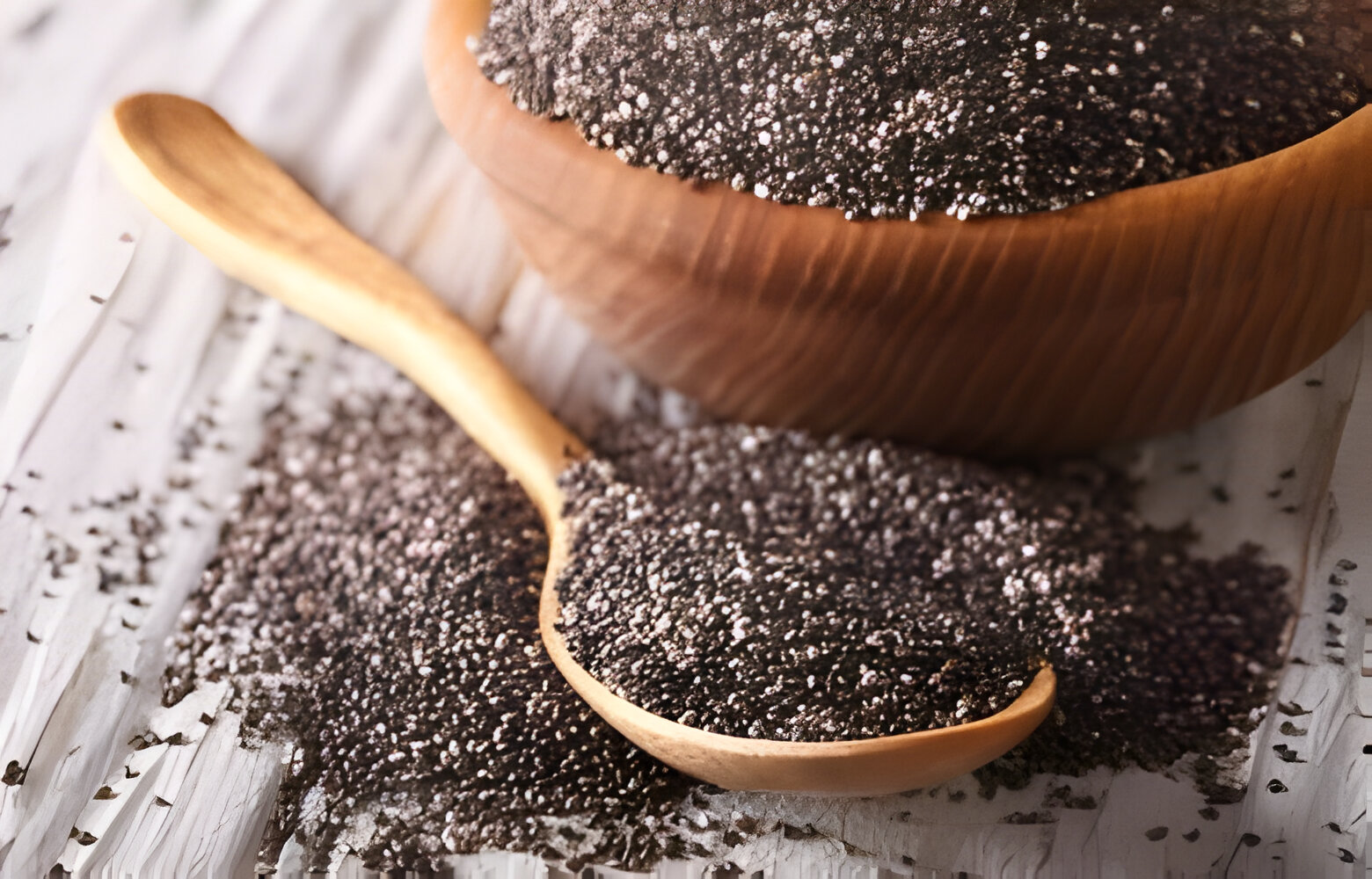
Chia, scientifically known as Salvia hispanica, is a nutrient-dense seed, revered for its nutritional profile. They are rich in omega-3 fatty acids, fibre, protein, antioxidants, and various vitamins and minerals. These tiny seeds swell and form a gel-like consistency when soaked in liquid, making them a versatile ingredient in beverages, puddings, and baked goods. Chia seeds are valued for their potential health benefits, including promoting digestive health, supporting heart health by lowering cholesterol and blood pressure, and aiding in weight management by promoting a feeling of fullness. Chia seeds are easy to incorporate into a variety of diets, making them a popular choice among health-conscious consumers worldwide.

Quinoa, a nutrient-rich pseudocereal has been cultivated for thousands of years and is prized for its exceptional nutritional value. Quinoa is considered a complete protein source as it contains all nine essential amino acids, making it an excellent plant-based protein option for vegetarians and vegans. Additionally, quinoa is rich in fiber, vitamins (such as B vitamins and vitamin E), minerals (including iron, magnesium, and phosphorus), and antioxidants. This ancient grain-like seed is gluten-free and easy to digest, making it suitable for individuals with gluten intolerance or sensitive digestive systems. Quinoa has a light, fluffy texture and a mildly nutty flavor, which makes it a versatile ingredient in various dishes such as salads, soups, stir-fries, and even as a substitute for rice.
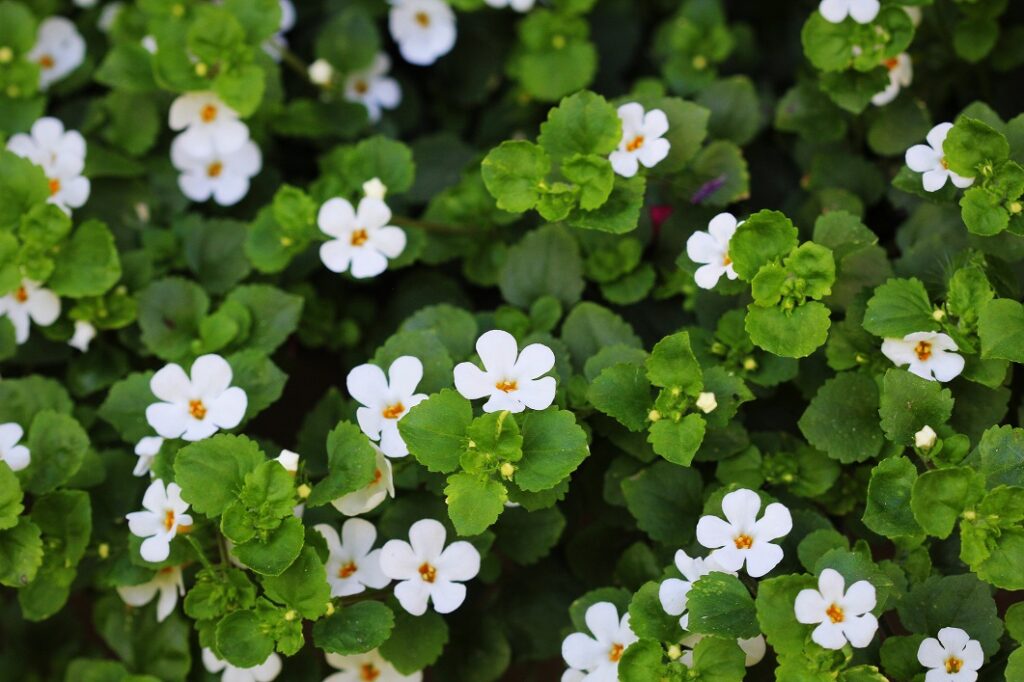
Brahmi, scientifically known as Bacopa monnieri, is a perennial herb native to the wetlands of India, North America, Europe, and Asia. It has been used for centuries in traditional Ayurvedic medicine for its potential cognitive and health benefits. Brahmi is renowned for its adaptogenic properties, which help the body adapt to stress and support mental clarity and focus.This herb is typically consumed in various forms, including as a powder, capsule, or extract. It is often used in herbal supplements aimed at promoting mental well-being and supporting nervous system health. Brahmi’s historical use and potential health benefits make it a popular choice among individuals seeking natural ways to support cognitive function and overall vitality.
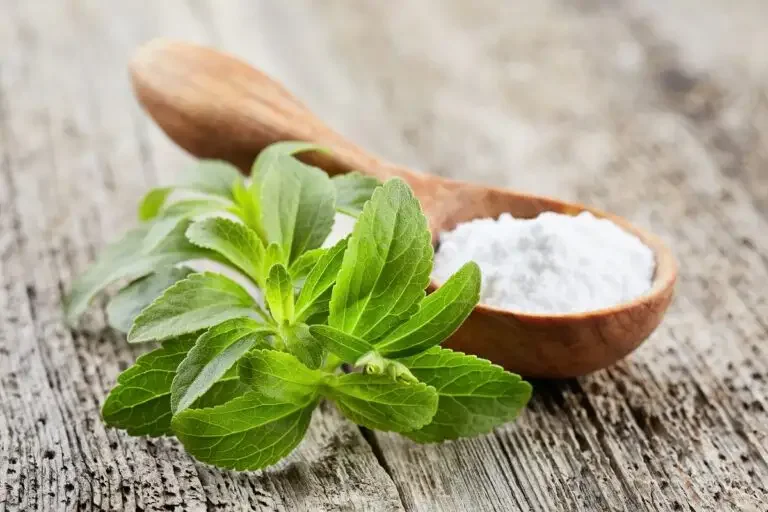
Stevia, scientifically known as Stevia rebaudiana, is a natural sweetener derived from the leaves of the stevia plant. Known for its intensely sweet taste, stevia extract is significantly sweeter than sugar yet contains zero calories and has a negligible effect on blood sugar levels. This makes it an attractive alternative for individuals seeking to reduce their sugar intake or manage diabetes. In addition to its sweetness, stevia is valued for being plant-based, non-caloric, and having a low glycemic index. It is commonly used as a sugar substitute in beverages, desserts, and other culinary applications. Stevia extract can be found in various forms, including liquid drops, powder, and granules, offering versatility in culinary use.
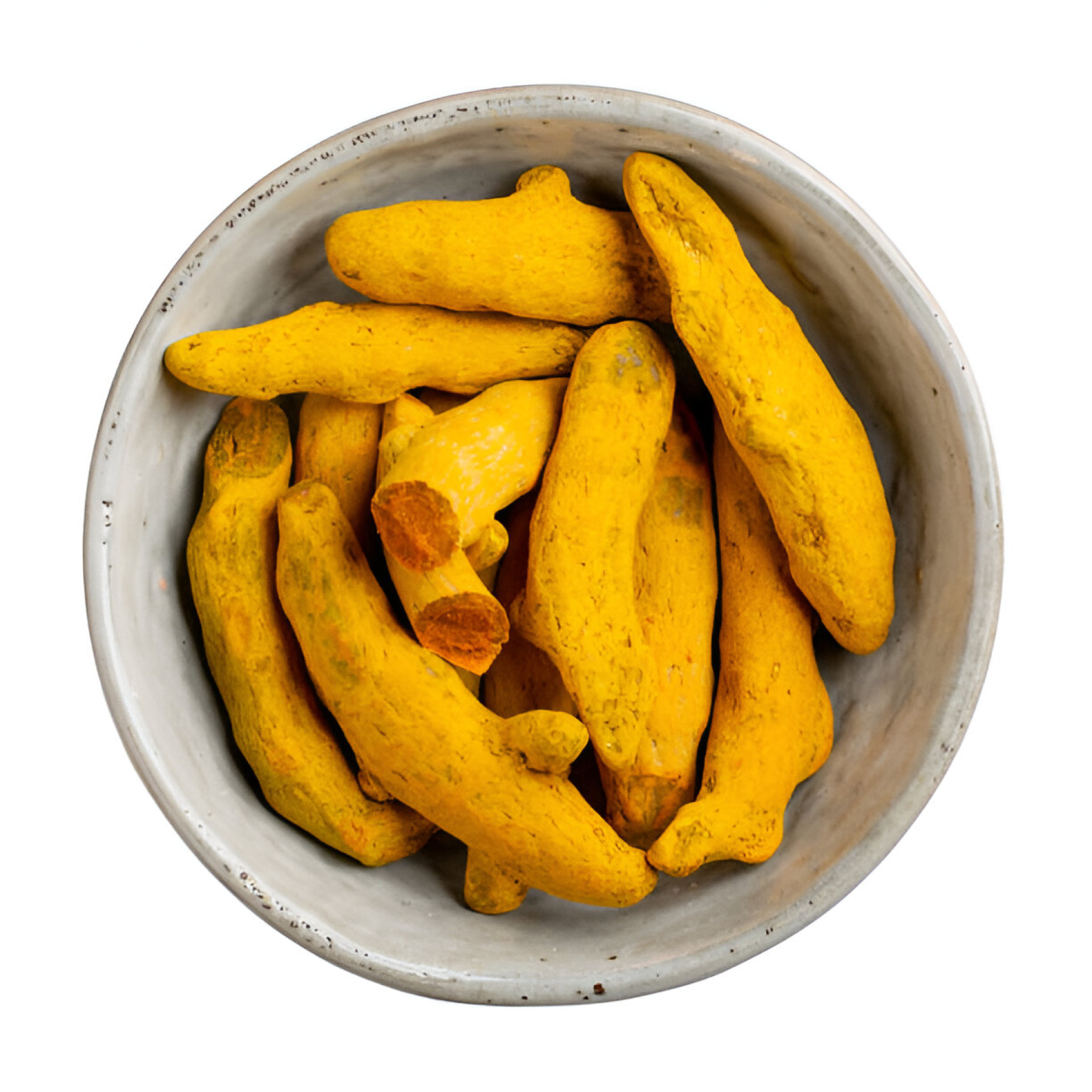
Turmeric is a vibrant yellow spice that is widely used in Indian cuisine for its earthy flavor and health benefits. The whole turmeric root, when dried, is a key ingredient in traditional cooking and herbal medicine. It contains curcumin, a powerful antioxidant known for its anti-inflammatory properties. Turmeric whole is often used in curries, teas, and for making turmeric powder.
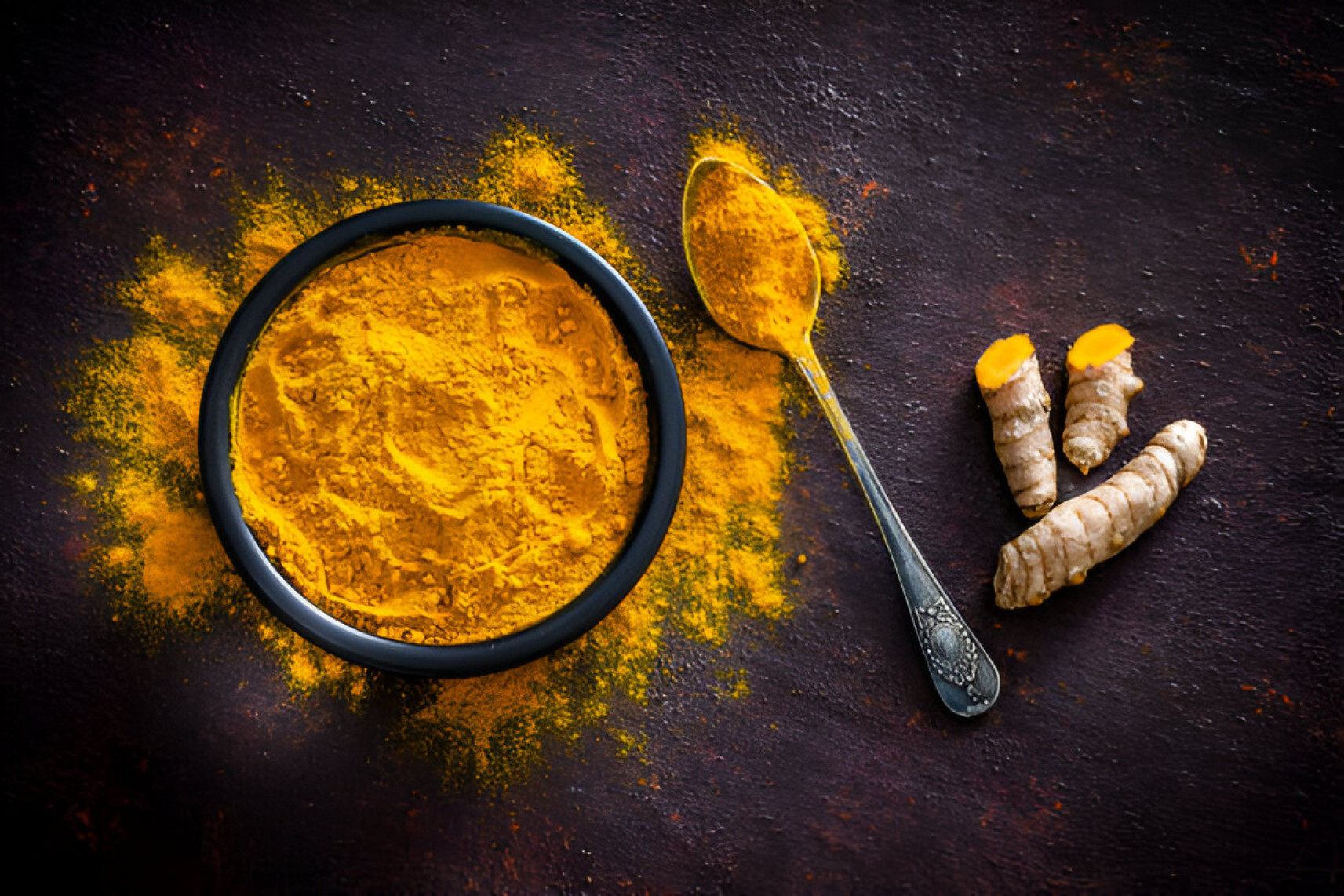
Turmeric powder is made by grinding dried turmeric roots into a fine, bright yellow powder. It is a staple in Indian cooking, adding warmth and depth to dishes. Beyond its culinary uses, turmeric powder is celebrated for its medicinal properties, particularly its role in reducing inflammation and supporting overall health. It’s an essential spice in many spice blends, including curry powder, and is also used in beauty and wellness products for its skin-soothing benefits.
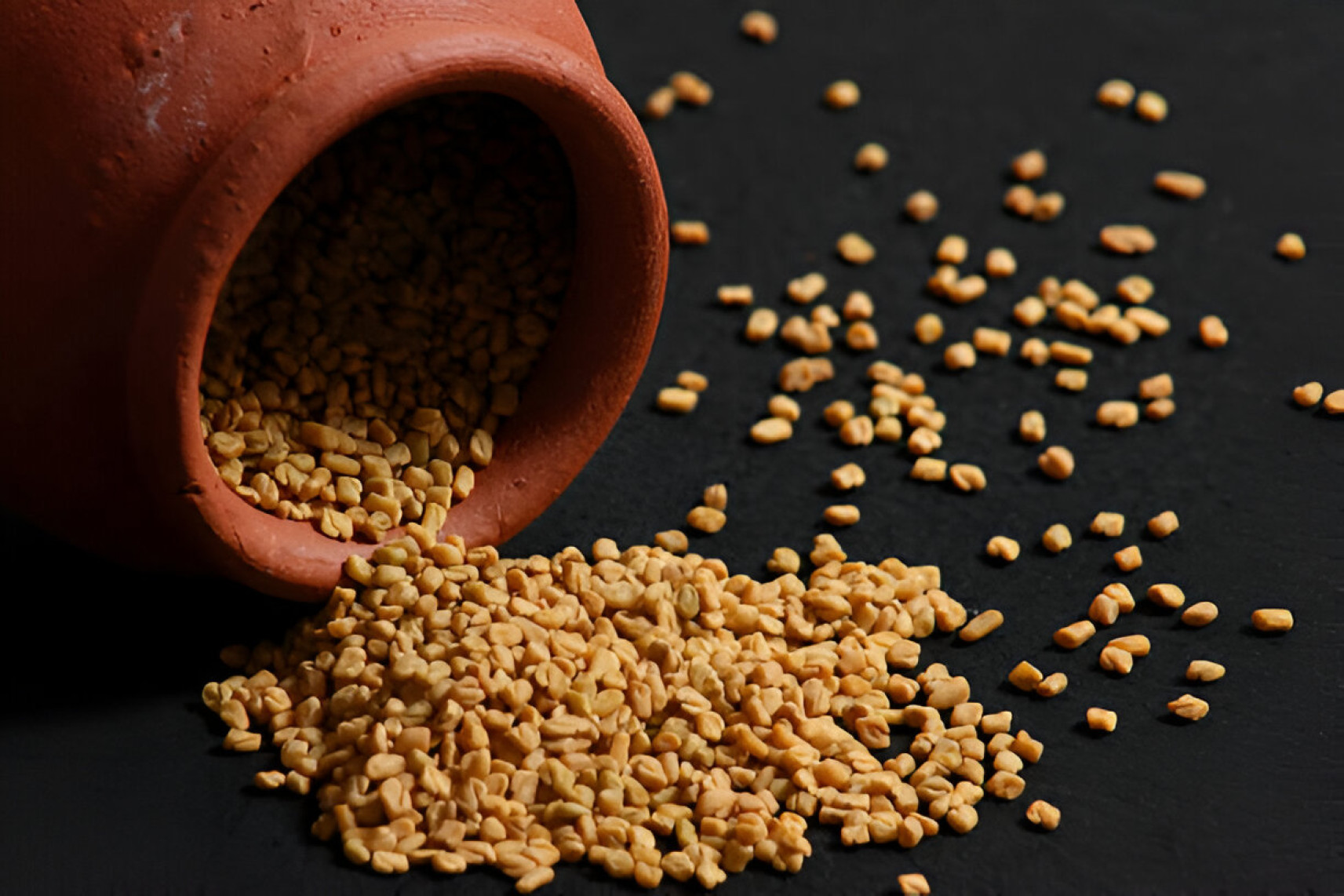
Fenugreek seeds are small, golden-brown seeds with a slightly bitter, nutty flavor. Widely used in Indian and Middle Eastern cuisines, they are known for their aromatic qualities and health benefits. Fenugreek seeds are often dry-roasted to enhance their flavor before being used in spice blends, pickles, and curries. In addition to their culinary uses, fenugreek seeds are prized for their potential to aid digestion and support metabolic health.

Fenugreek powder is made by finely grinding dried fenugreek seeds. This versatile spice adds a distinctive flavor to dishes, combining a subtle bitterness with a hint of sweetness. It is commonly used in spice blends like curry powder and masalas, as well as in baking and herbal remedies. Fenugreek powder is also valued for its health benefits, including promoting lactation in nursing mothers and helping to regulate blood sugar levels.

Coriander seeds are small, round, and light brown with a warm, citrusy flavor. They are an essential spice in many global cuisines, particularly in Indian, Middle Eastern, and Latin American cooking. When lightly toasted, coriander seeds release their full aroma and add depth to curries, soups, and spice blends. These seeds are also known for their digestive properties and are often used in traditional herbal remedies to soothe the stomach.
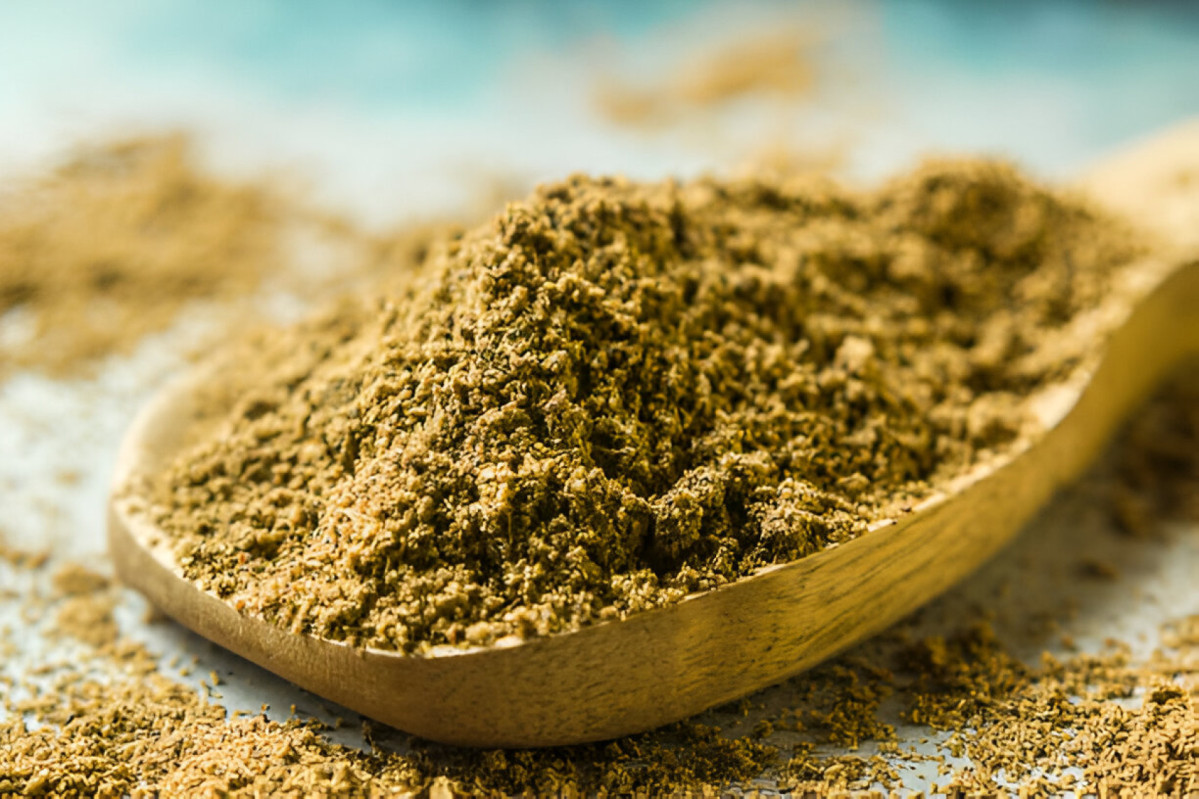
Coriander powder is made by grinding dried coriander seeds into a fine, fragrant powder. It is a fundamental ingredient in various spice mixes, including garam masala and curry powder. Coriander powder imparts a mild, lemony flavor to dishes and is commonly used to season meats, vegetables, and sauces. In addition to its culinary applications, coriander powder is also valued for its antioxidant properties and its ability to aid digestion.
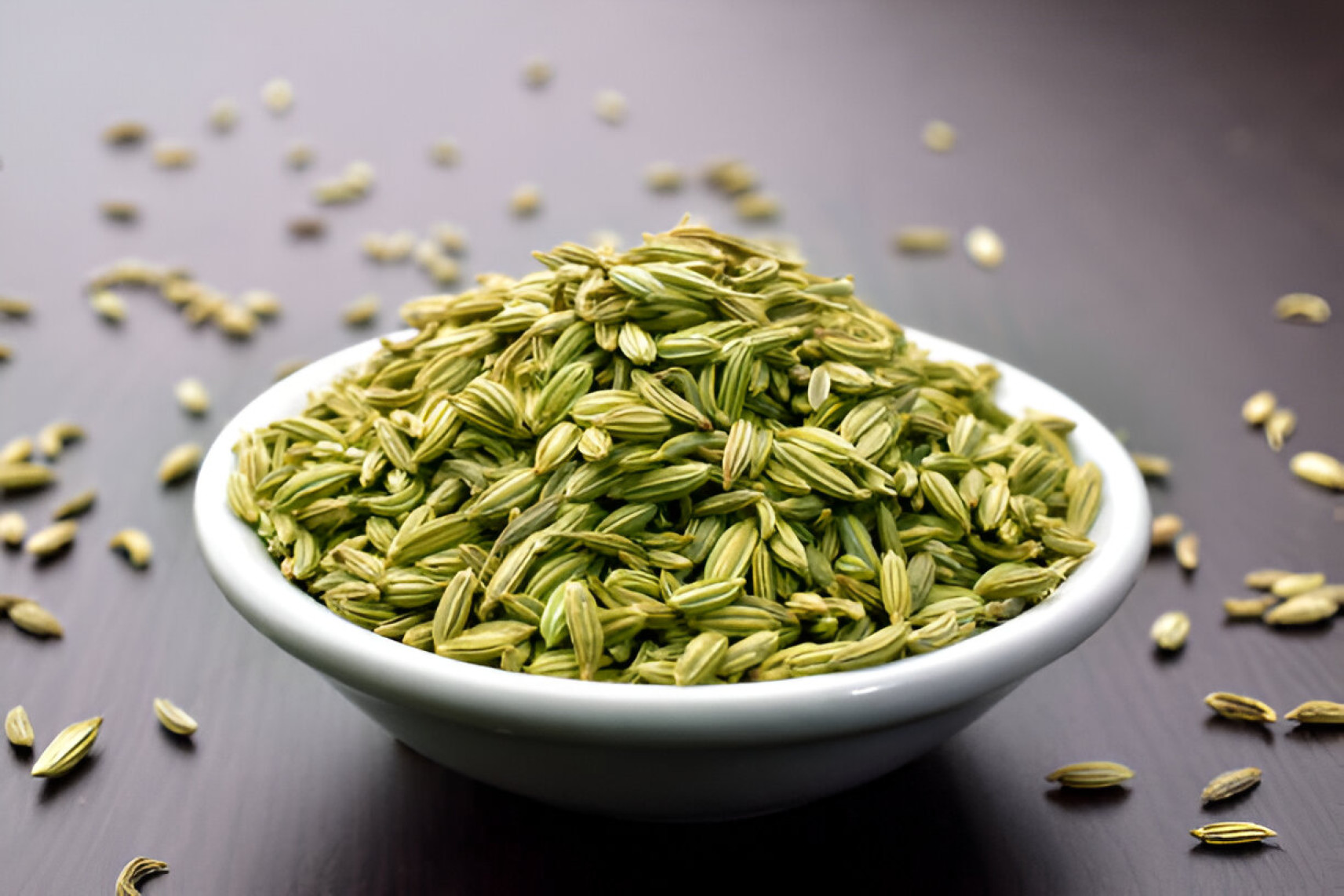
Fennel seeds are small, greenish-brown seeds with a sweet, anise-like flavor. They are commonly used in Indian, Middle Eastern, and Mediterranean cuisines, both as a spice and a mouth freshener. Fennel seeds add a delicate sweetness to dishes and are often used in spice blends, pickles, and teas. Beyond their culinary uses, fennel seeds are known for their digestive benefits and are traditionally chewed after meals to aid digestion and freshen the breath.

Fennel powder is made by finely grinding dried fennel seeds. This aromatic spice is cherished for its sweet and slightly licorice-like taste, making it a popular ingredient in spice mixes, baked goods, and sauces. Fennel powder is often used to flavor curries, soups, and stews, adding a subtle depth to the dish. Additionally, fennel powder is recognized for its therapeutic properties, particularly in supporting digestive health and alleviating bloating and gas.

Cumin seeds are small, elongated seeds with a warm, earthy flavor and a hint of bitterness. They are a fundamental spice in many global cuisines, including Indian, Middle Eastern, and Mexican cooking. Cumin seeds are often dry-roasted or fried to release their full flavor before being added to dishes like curries, stews, and rice. Apart from their culinary uses, cumin seeds are valued for their medicinal properties, particularly in aiding digestion and boosting the immune system.
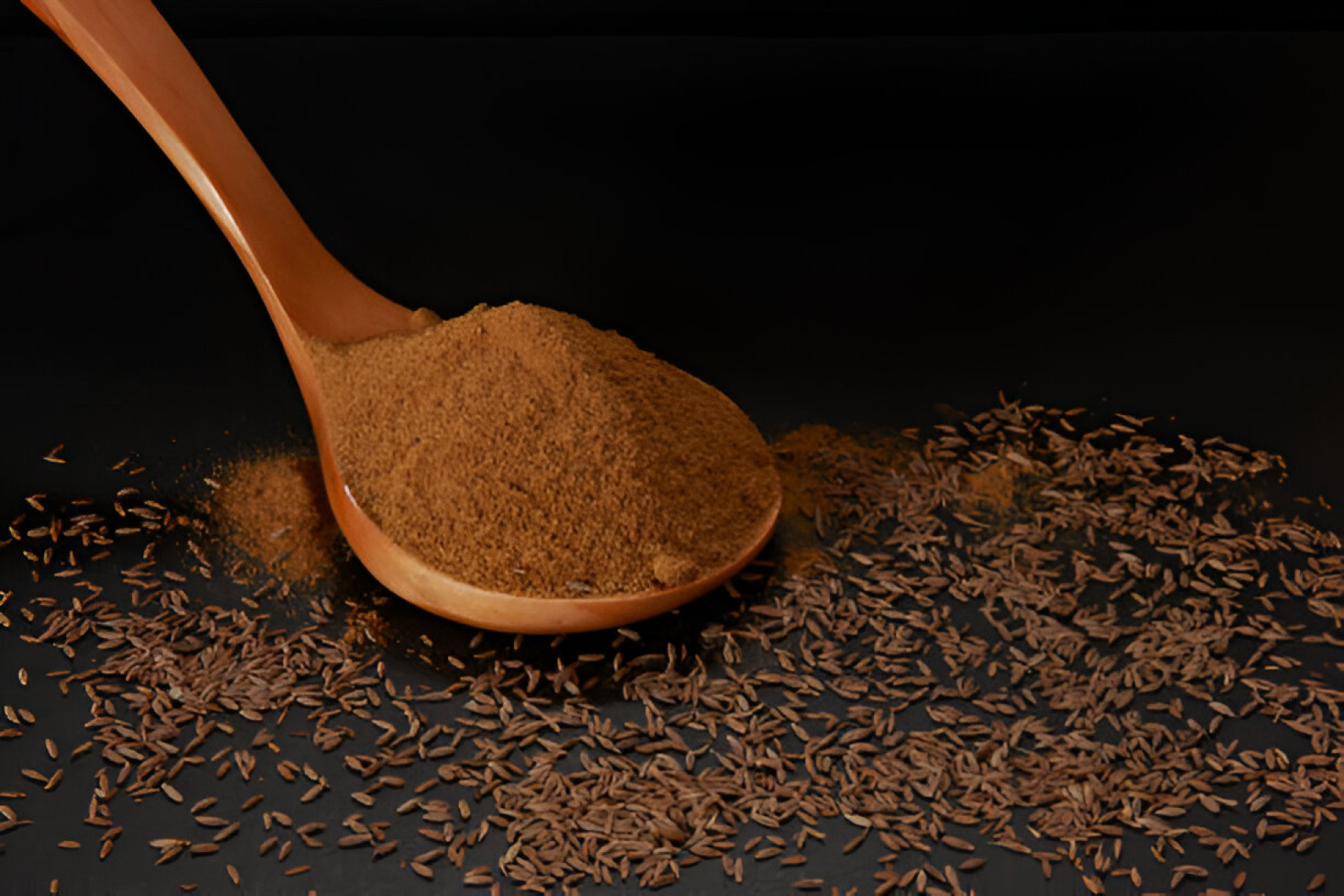
Cumin powder is made by grinding roasted cumin seeds into a fine, aromatic powder. This spice is essential in many spice blends, such as garam masala and chili powder, and is used to season a variety of dishes, from curries and soups to meats and vegetables. Cumin powder adds a distinctive, warm flavor to food, making it a staple in many kitchens. Additionally, cumin powder is known for its digestive benefits and is often used in traditional remedies to relieve bloating and indigestion.

Kalonji seeds, also known as nigella seeds or black cumin, are small, black, tear-shaped seeds with a sharp, slightly bitter flavor. They are commonly used in Indian, Middle Eastern, and North African cuisines to add a unique taste to breads, curries, pickles, and salads. Kalonji seeds are often sprinkled on naan bread or used in spice blends like panch phoron. In addition to their culinary uses, kalonji seeds are renowned for their health benefits, including anti-inflammatory and antioxidant properties, and are traditionally used in herbal remedies to boost immunity and improve digestion.
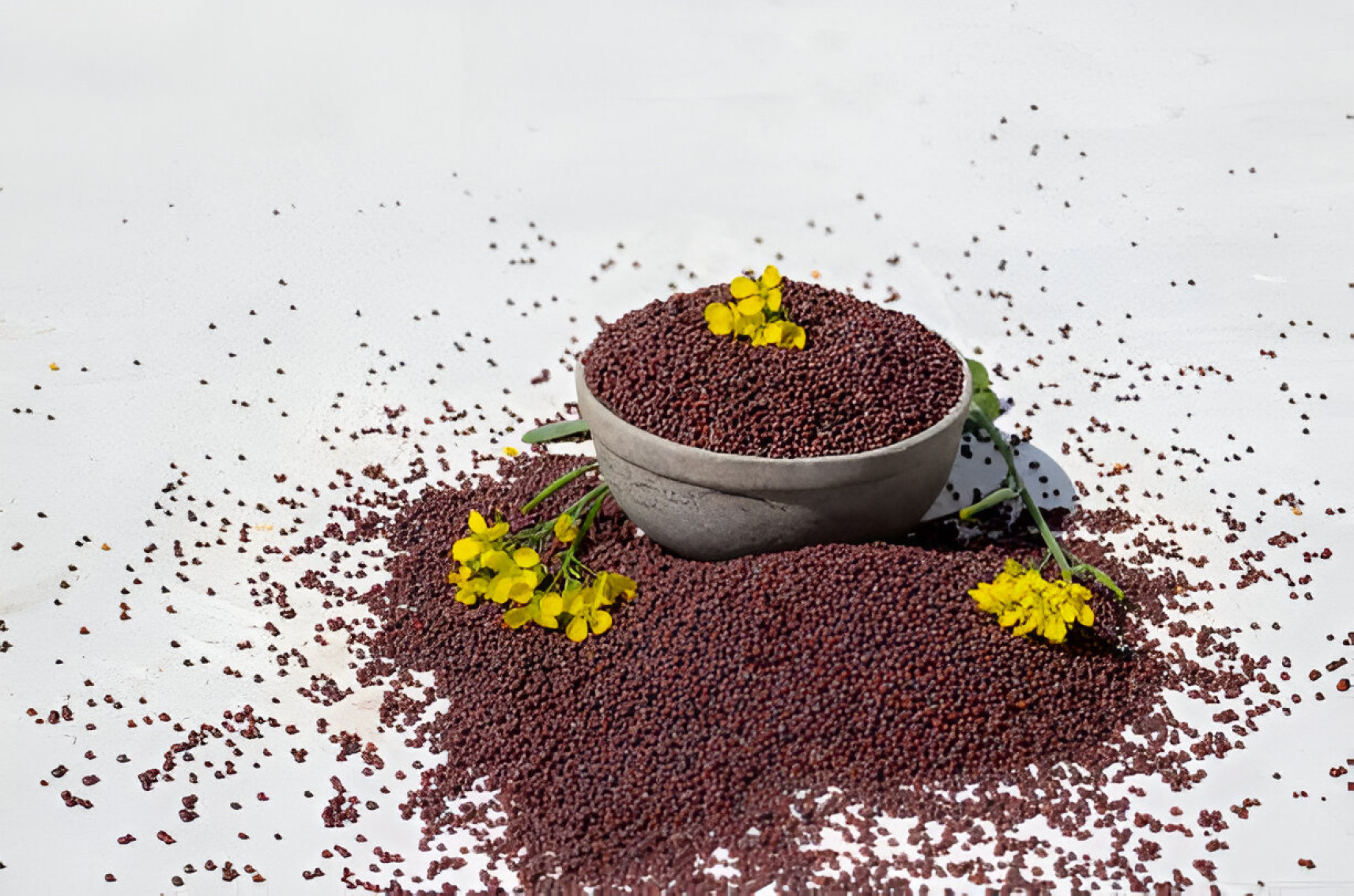
Mustard seeds are small, round seeds that come in yellow, brown, and black varieties, each with a pungent, slightly spicy flavor. They are a staple in Indian, African, and European cuisines, used to add depth and heat to dishes. In Indian cooking, mustard seeds are often tempered in hot oil to release their aroma and flavor before being added to curries, pickles, and chutneys. Beyond their culinary applications, mustard seeds are valued for their health benefits, including their ability to aid digestion and support cardiovascular health. They are also used in traditional remedies and in the production of mustard oil, a popular cooking oil in many parts of the world.

Cinnamon is a fragrant spice derived from the inner bark of trees belonging to the Cinnamomum family. It is widely used in both sweet and savory dishes across various cuisines, including Indian, Middle Eastern, and Western cooking. Cinnamon sticks, also known as quills, are rolled strips of dried bark, while cinnamon powder is made by finely grinding these sticks. The spice has a warm, sweet, and slightly woody flavor, making it a popular ingredient in baked goods, desserts, teas, and spice blends like garam masala. Besides its culinary uses, cinnamon is well-known for its medicinal properties, including its ability to regulate blood sugar levels, support heart health, and provide anti-inflammatory and antioxidant benefits.
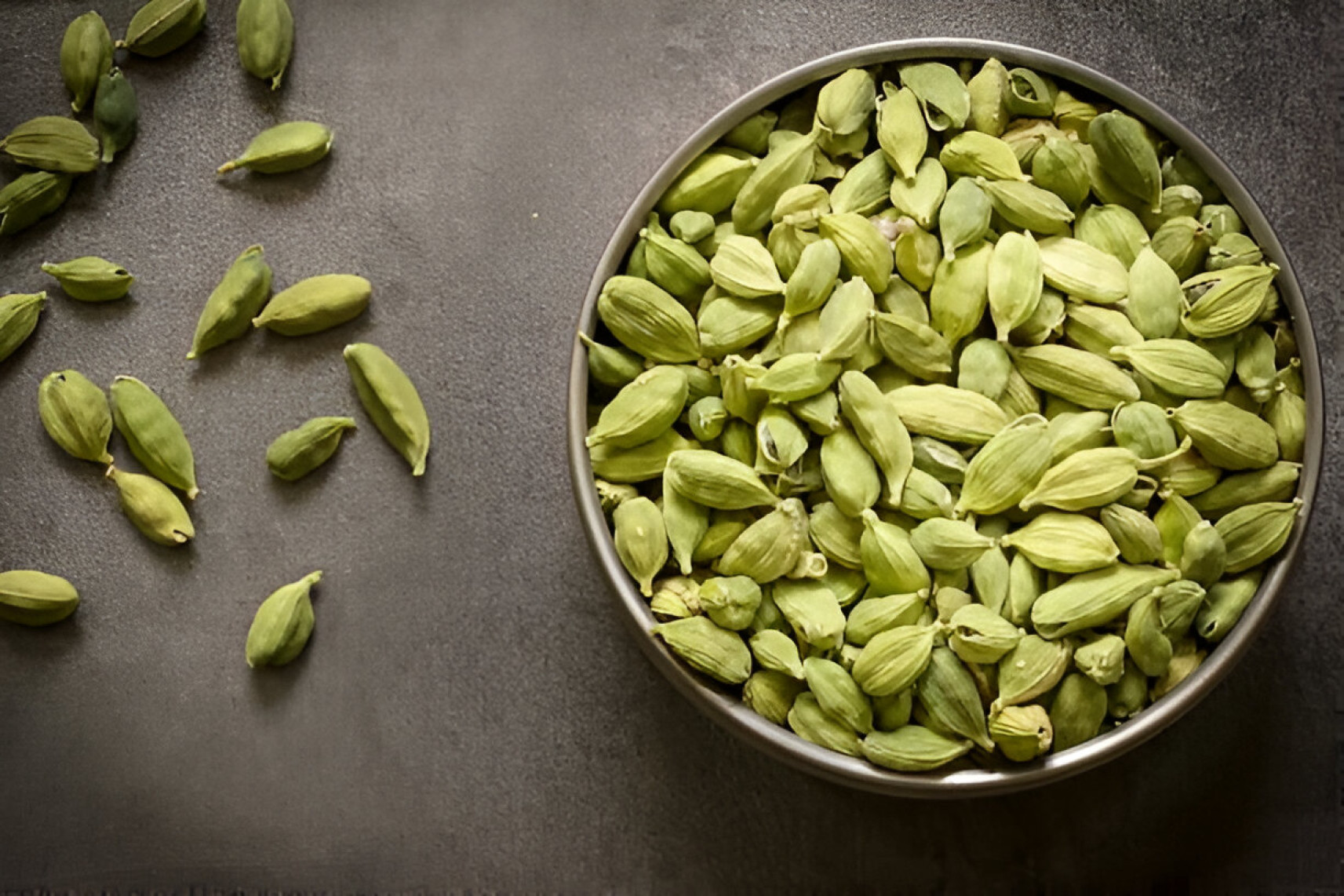
Cardamom is a highly aromatic and flavorful spice, often referred to as the “queen of spices.” It comes in two main varieties: green and black. Green cardamom, with its sweet and floral notes, is widely used in both sweet and savory dishes, such as curries, rice, and desserts. Black cardamom, known for its smoky and earthy flavor, is commonly used in robust savory dishes and stews. Beyond its culinary uses, cardamom is prized for its health benefits, including aiding digestion and possessing anti-inflammatory properties. Its unique taste and versatility make it a staple in kitchens around the world.

Clove is a warm, aromatic spice with a rich, intense flavor and a hint of sweetness. It is the dried flower bud of the clove tree and is commonly used in both sweet and savory dishes. Cloves add depth to recipes such as spiced meats, stews, rice dishes, and baked goods. In addition to its culinary uses, clove has medicinal properties, including antimicrobial and anti-inflammatory benefits. It is often used in traditional medicine to relieve toothache and digestive issues. Its distinctive taste and versatile applications make clove a valuable ingredient in many global cuisines.

Ajwain, also known as carom seeds, is a spice with a pungent, slightly bitter flavor reminiscent of thyme. It is widely used in Indian and Middle Eastern cuisines to enhance the flavor of savory dishes, such as bread, pickles, and curries. Ajwain is known for its digestive properties, often used to aid in relieving indigestion and bloating. Its strong, aromatic taste can also add depth to soups, stews, and vegetable dishes. Beyond its culinary uses, ajwain has traditional medicinal applications and is valued for its potential health benefits.

Your Global Partner Awaits – Reach Out Today!